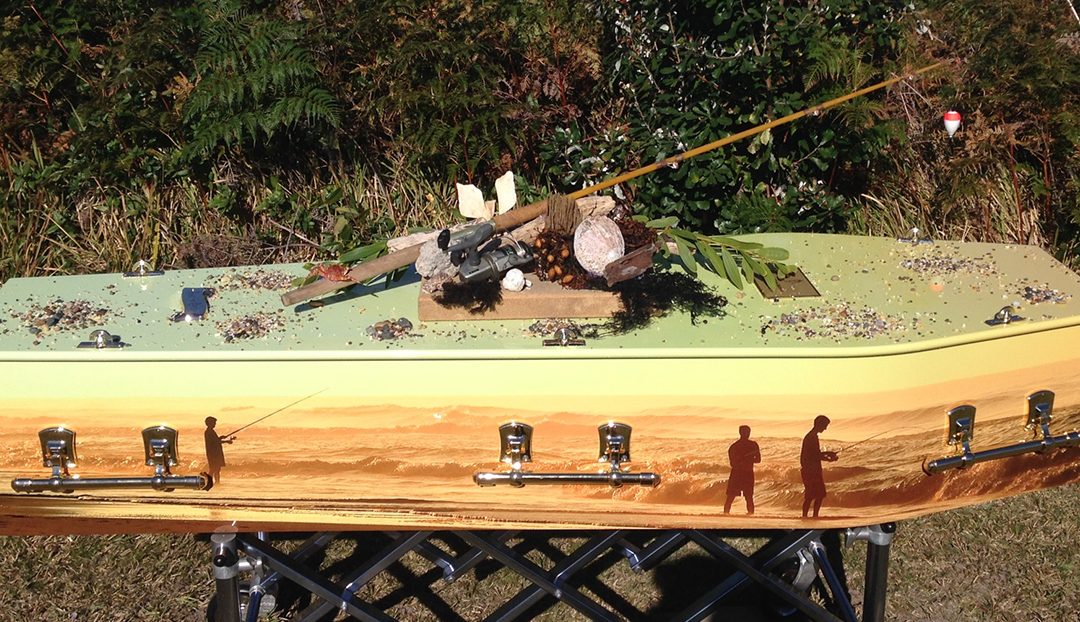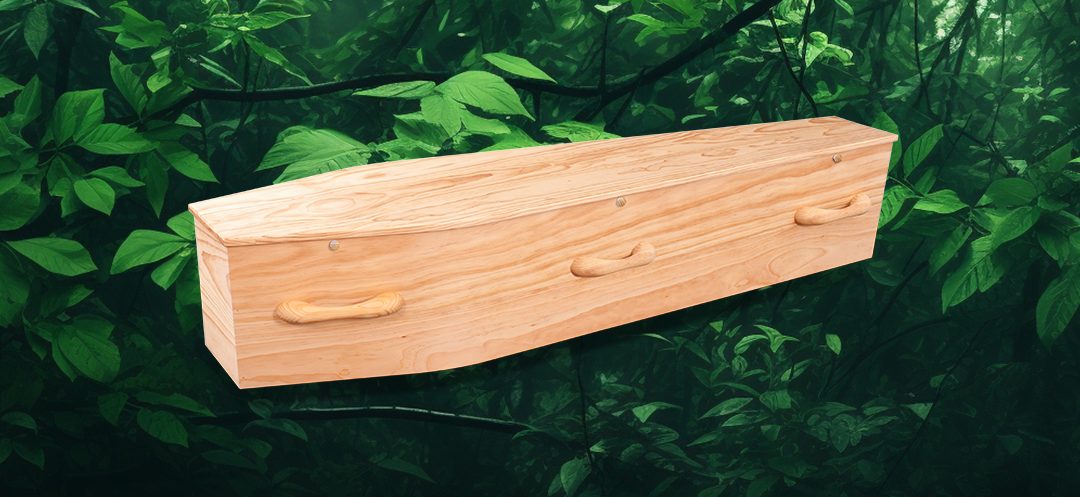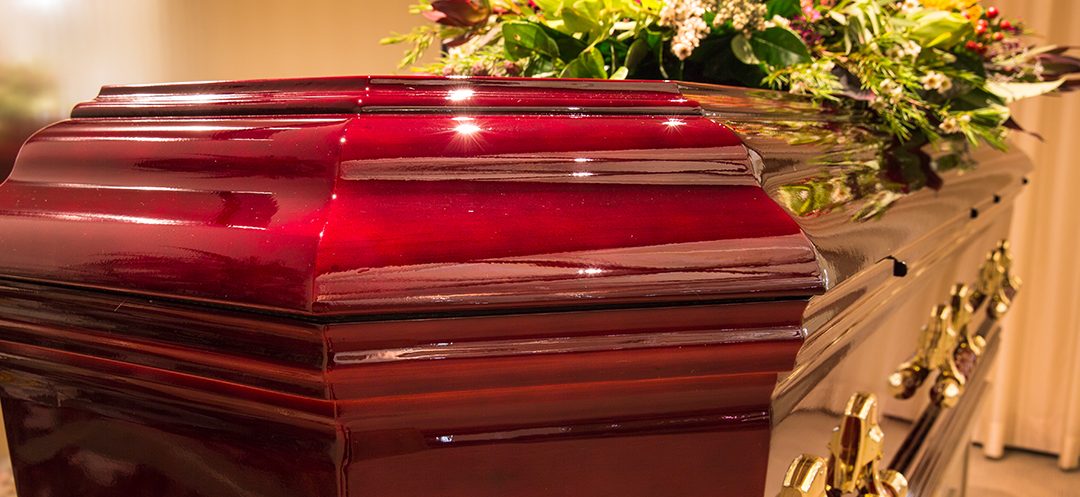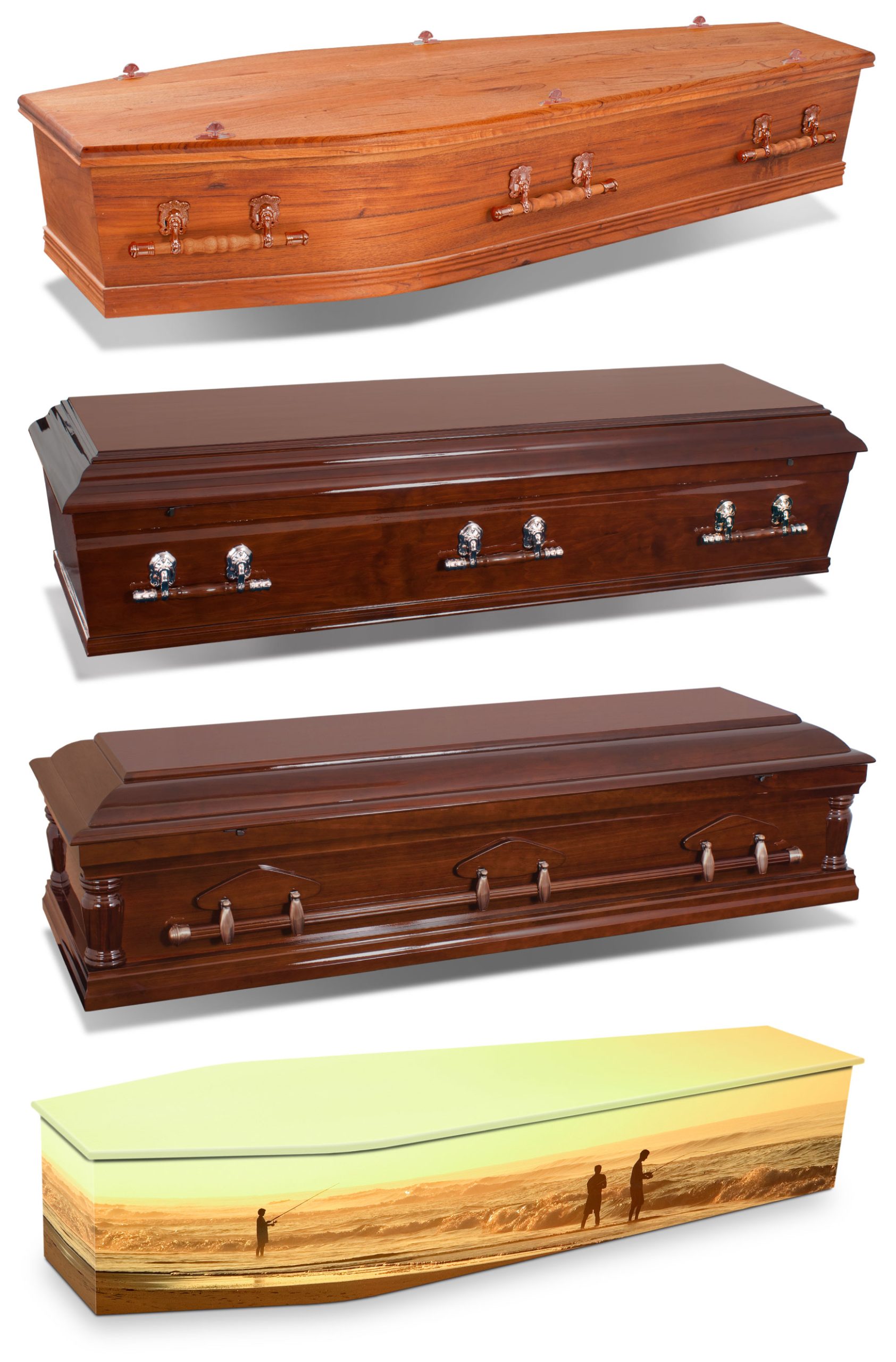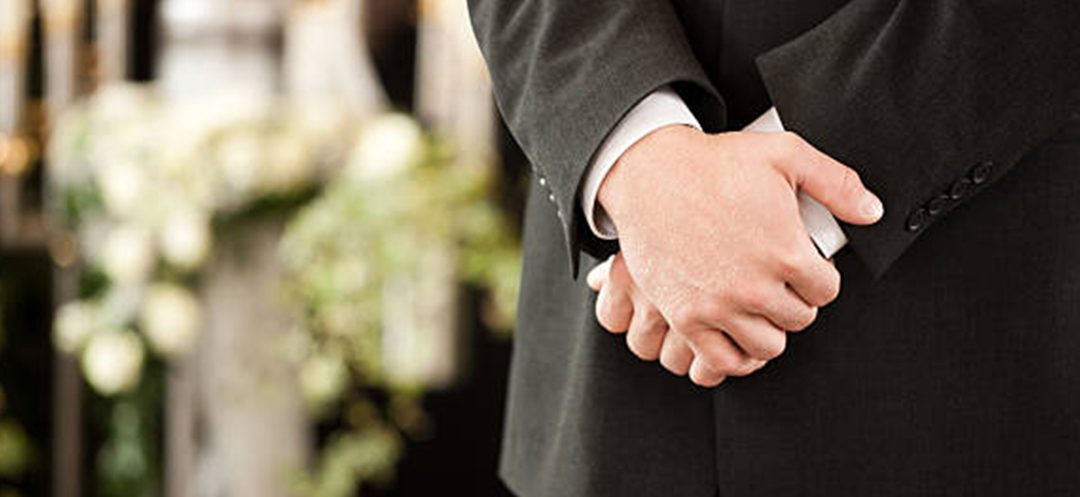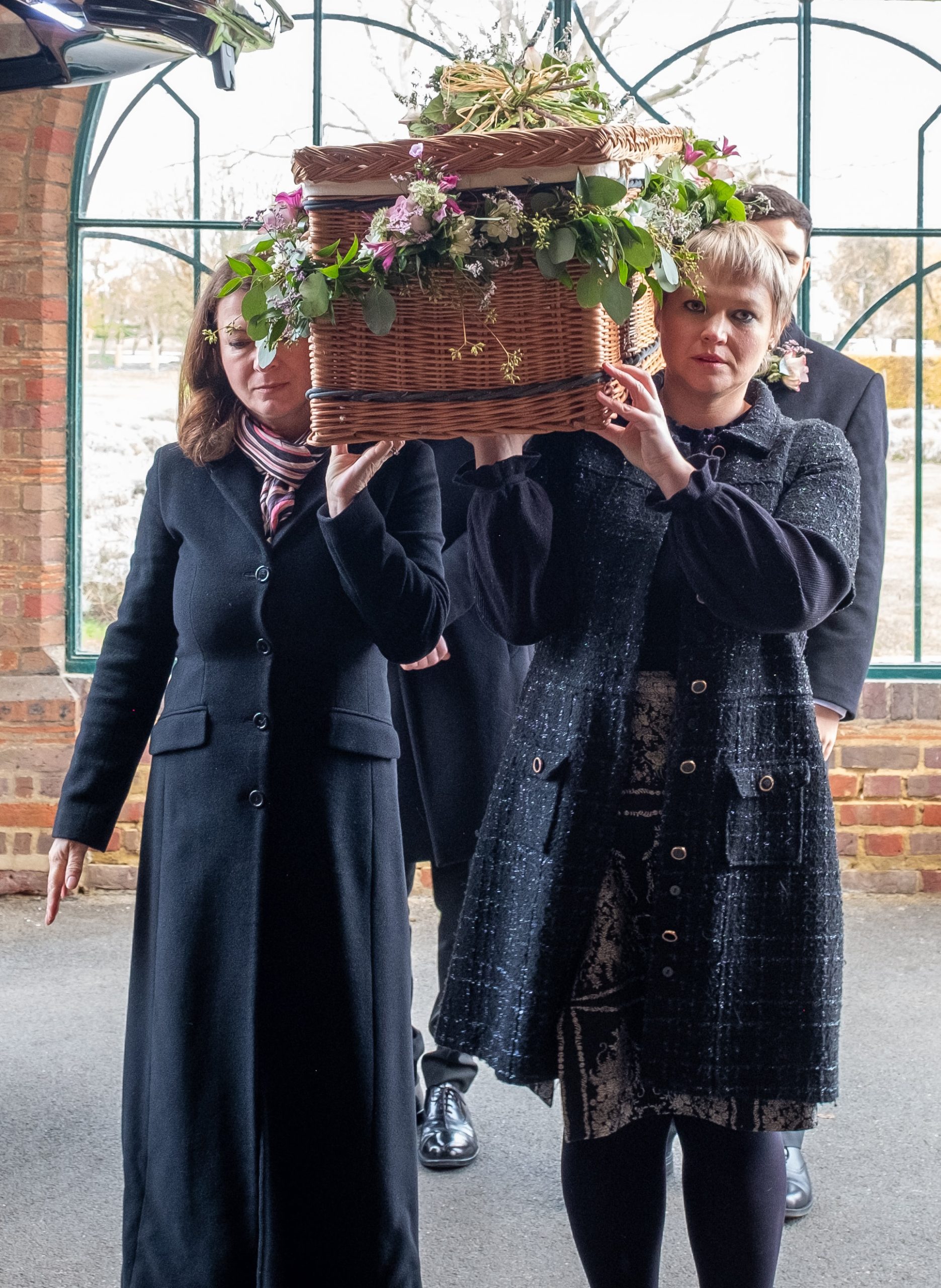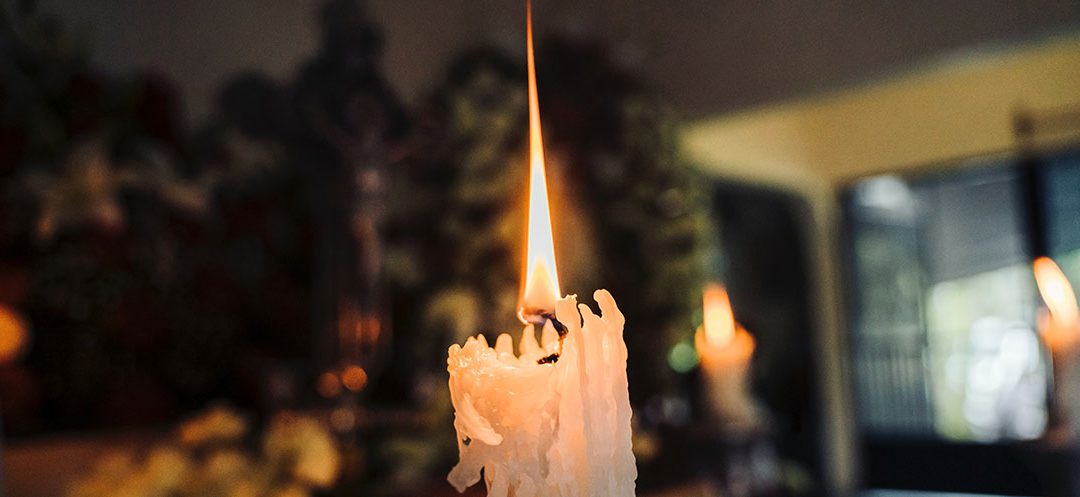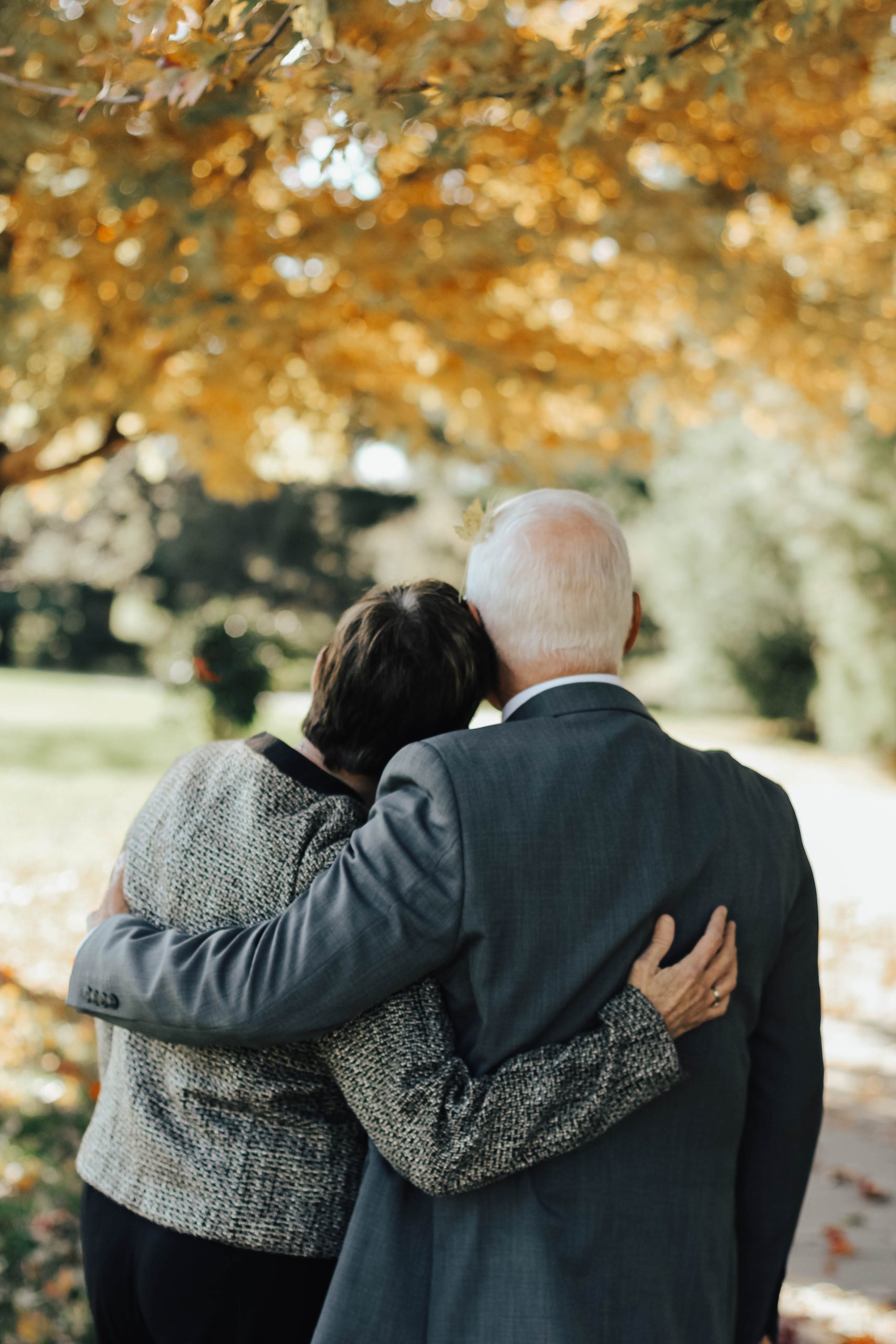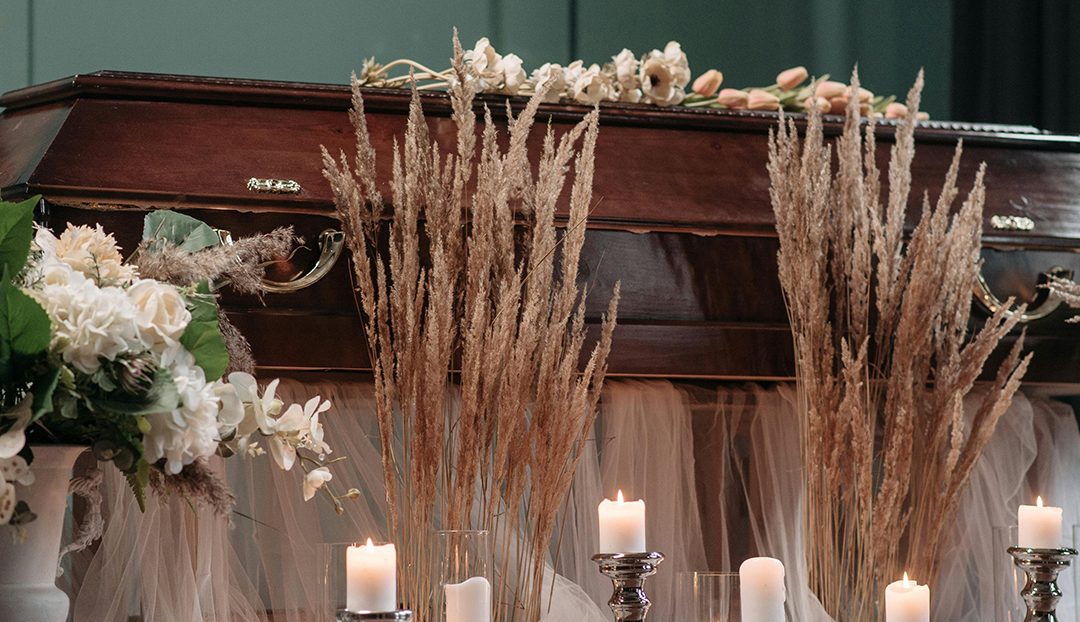
Eternal Rest: The Evolution and Cultural Significance of Coffins in Human History
The Genesis of Coffins
The term ‘coffin’ is derived from the Greek word ‘kophinos’, denoting a basket or chest. This etymology reflects the evolution of the concept. The earliest manifestations of coffins are traced back to ancient Egypt, where they were integral to the process of mummification and burial. These initial coffins were rudimentary, rectangular constructs of wood or stone, intended to safeguard the deceased’s passage to the afterlife.
The Development of Coffin Design and Materials
Over the centuries, there has been a significant evolution in the design and materials employed in coffin construction. In the epoch of ancient Egypt, coffins became increasingly ornate, adorned with complex designs and hieroglyphics. The stone and gold sarcophagi of the Egyptian Pharaohs remain renowned to this day.
In the Middle Ages within Europe, coffins were predominantly fashioned from stone or lead, a luxury afforded by the affluent. Conversely, wooden coffins emerged as a more accessible option for the broader populace. The art of coffin-making evolved into a specialised and esteemed craft during this period.

The Cultural and Religious Importance of Coffins
Coffins have consistently held profound cultural and religious significance across diverse societies. They are perceived either as a vessel for the soul’s journey to the afterlife or as a means of shielding the body from malevolent spirits. The Victorian era in England, marked by elaborate mourning customs and funerals, saw the rise in popularity of ornate coffins, replete with plush linings and decorative exteriors. This period also witnessed the advent of the ‘Fisk Metallic Burial Case’, a patented, airtight design that promoted body preservation.
Contemporary Trends and Innovations in Coffin Design
In the present day, the design and fabrication of coffins continue to evolve, mirroring changes in societal attitudes towards death and environmental considerations. The utilisation of sustainable materials, such as bamboo, wicker, and recycled substances, is increasingly prevalent. Additionally, there is a growing preference for personalised coffins that reflect the individuality and interests of the deceased.

The Australian Perspective on Coffins
In Australia, coffin design has been shaped by both cultural diversity and environmental awareness. Companies like Ashton Manufacturing are at the forefront of this evolution, offering a range of coffins that cater to varying preferences and values. Australian coffin makers are renowned for their exceptional craftsmanship, coupled with a commitment to safety and environmental sustainability.
Conclusion
The history of coffins represents humanity’s enduring reverence for the deceased and the rituals of parting. From the rudimentary chests of antiquity to the personalised and environmentally conscious options of the modern era, coffins continue to hold a pivotal role in our expressions of grief and remembrance. As we contemplate the future, it is evident that coffins will persist as a symbol of care and respect for the departed, adapting to the evolving needs and values of societies globally.

